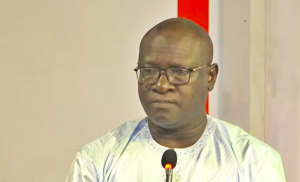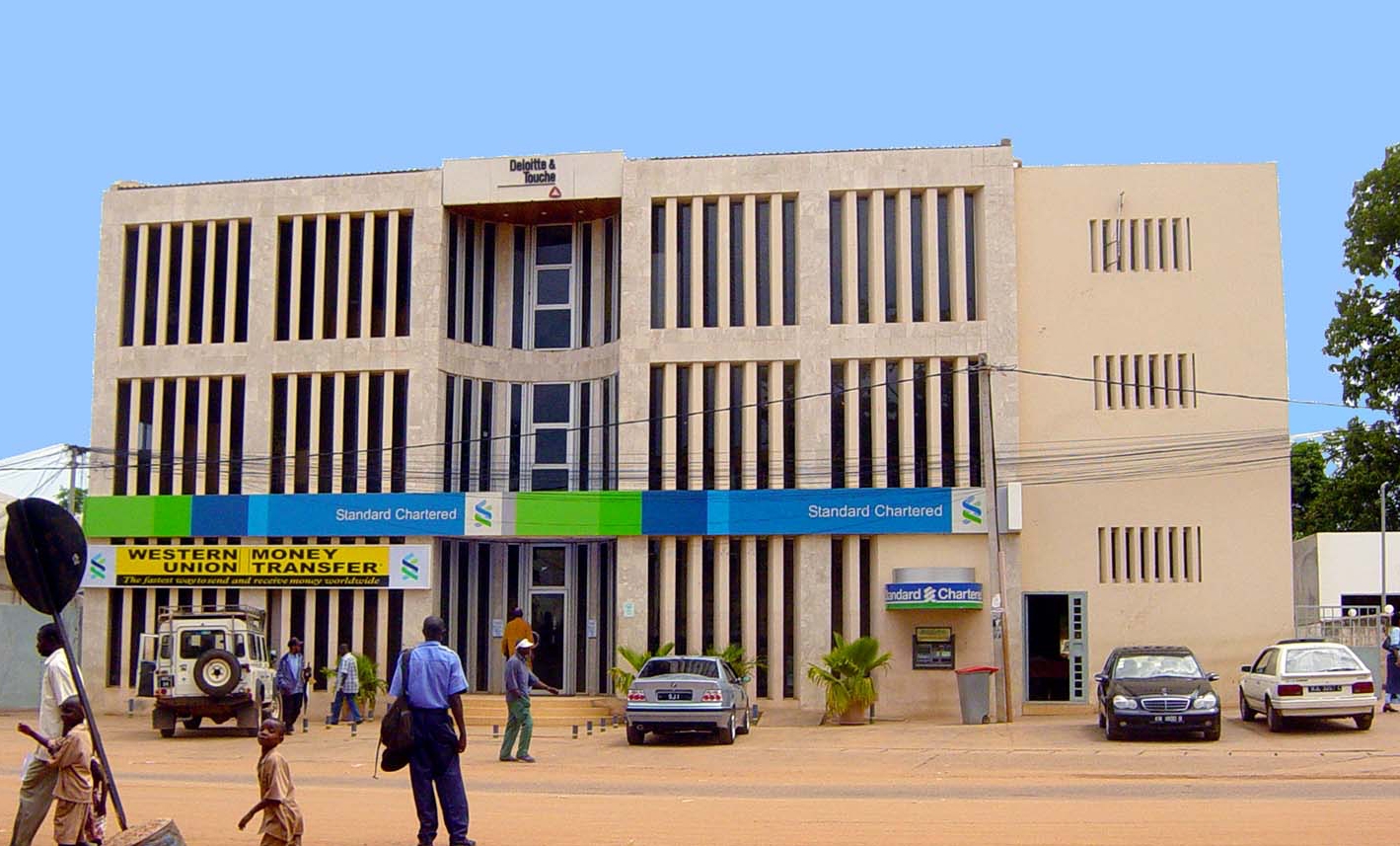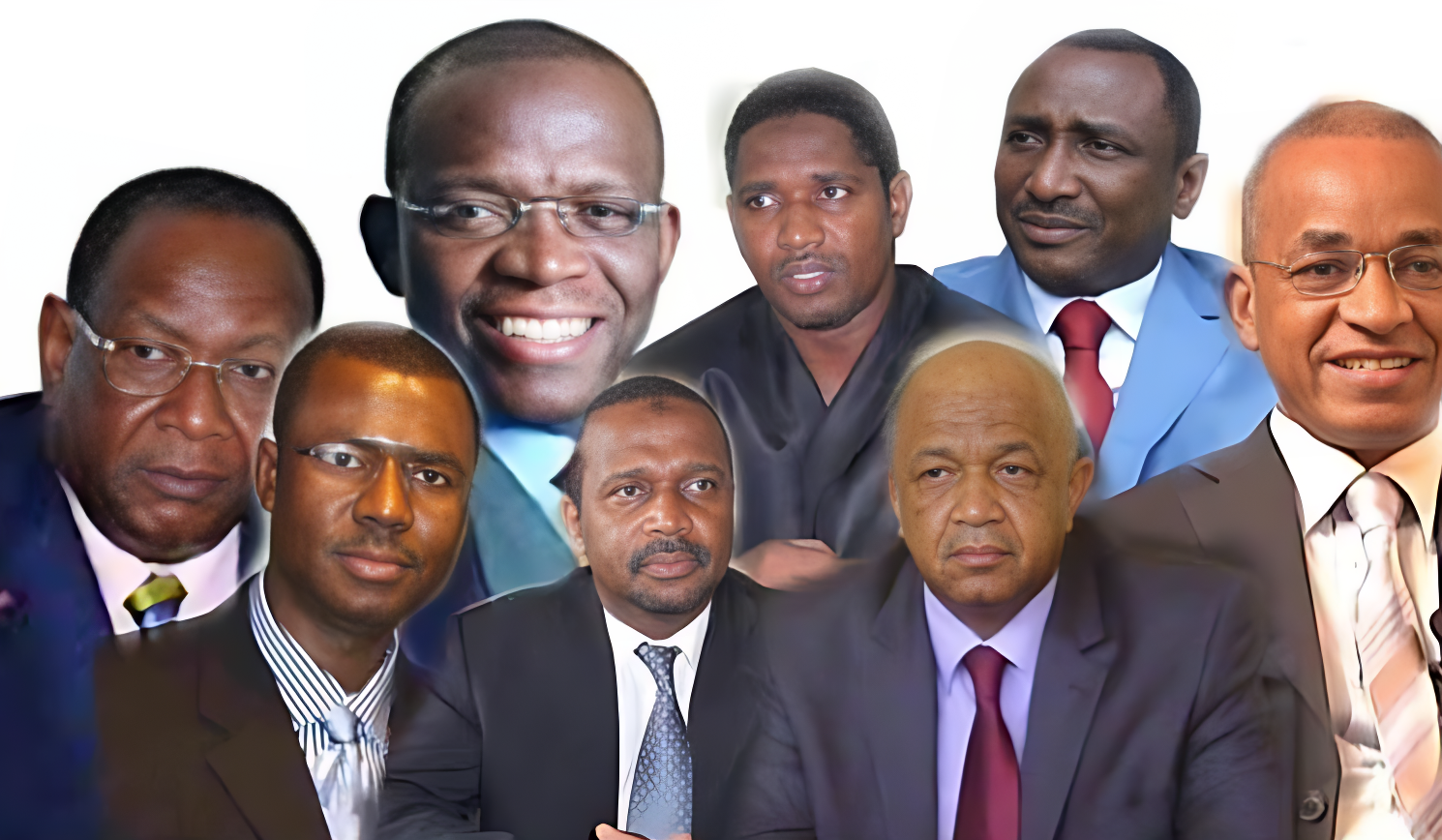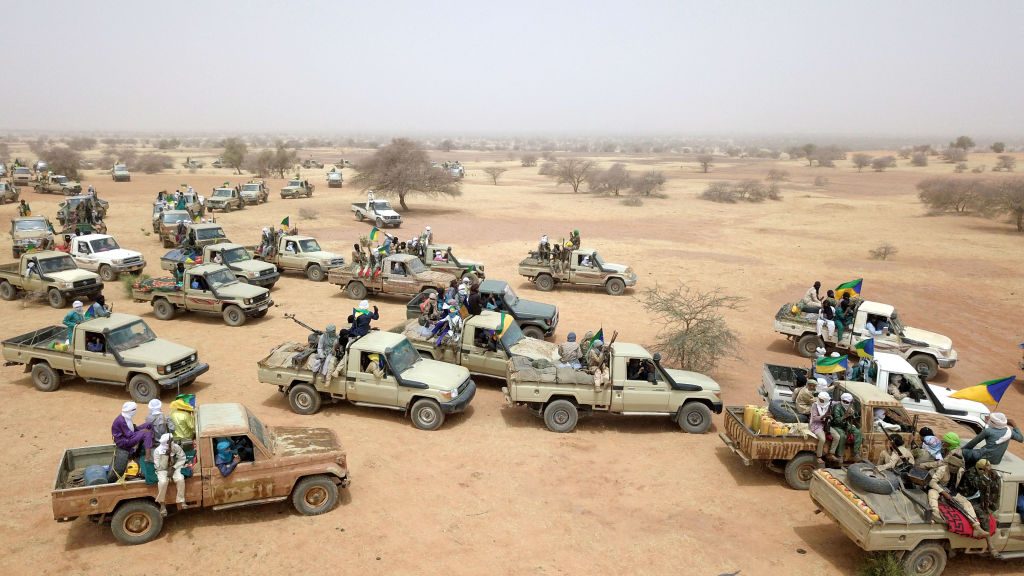Gambiaj.com – (DAKAR, Senegal) – A severe fuel shortage in Bamako is beginning to ripple across Mali’s borders, raising growing concerns in Senegal as insecurity spreads along the crucial Dakar-Bamako trade route. Speaking on TFM’s “Soir d’infos” on October 23, 2025, researcher Dr. Bakary Sambe of the Timbuktu Institute warned that the repercussions of Mali’s crisis could soon destabilize the entire region.
According to Dr. Sambe, the jihadist coalition known as the Support Group for Islam and Muslims (JNIM) is deliberately targeting the Dakar-Bamako corridor, a lifeline of regional commerce.
He explained that the group’s repeated attacks and blockades are designed to “strangle the Malian economy,” disrupting fuel deliveries and leaving Bamako’s gas stations dry.

Mali’s dependence on Senegal remains significant: over 55 percent of Senegal’s exports to Africa are destined for its landlocked neighbor. The disruption of this corridor, therefore, carries major economic consequences for both countries.
A Blockade Threatening Regional Stability
“Mali’s port is Dakar,” reminds Dr. Bakary Sambe. “Mali is Senegal’s leading economic partner. This corridor alone generates 400 billion CFA francs in annual revenue for Senegal,” he added.
However, the ongoing blockade has already slowed commercial traffic to a crawl. Trucks that once made two or three rotations per month now manage only one, severely disrupting supply chains between the two countries.
The repercussions extend far beyond fuel shortages. Nearly 80% of Mali’s gold — the backbone of its economy — is extracted from the now-vulnerable Kayes region. “This situation could lead to a reduction, or even a complete halt, of gold mining operations,” Dr. Sambe warned. “Gold represents 6.3% of Mali’s GDP, 21% of tax revenues, and 82% of exports. Its disruption jeopardizes one of Mali’s few thriving sectors.”
According to a recent report by the Timbuktu Institute, JNIM has also intensified attacks on foreign companies, with seven industrial sites targeted in the Kayes region between July and August. Dr. Sambe described this as part of a “deliberate strategy of economic suffocation,” one that threatens not only Mali’s fragile economy but also the stability of the entire sub-region.
Beyond the economic fallout, Dr. Sambe cautioned that the situation poses an increasing security threat for Senegal’s border regions.
He noted that jihadist groups are employing a strategy of territorial entrenchment, exploiting community divisions, controlling local trade, and establishing a shadow economy. “If Mali collapses under the pressure of insecurity and blockades,” he warned, “Senegal could face a spillover effect that weakens its borders and compromises its trade artery.”
While Mali’s military authorities are attempting to secure the transport corridors and diversify import routes through the Ivorian port of Abidjan, Dr. Sambe believes these measures remain insufficient. “The junta’s efforts are limited against the backdrop of a protracted crisis,” he said, calling for stronger regional coordination and enhanced Senegalese intelligence capabilities.
The expert argued that a sustainable resolution to the crisis will ultimately require dialogue with armed groups, a position that has sparked debate within the region.
He urged Dakar to act with foresight: “Senegal must secure its borders, safeguard the Dakar-Bamako corridor, and anticipate both the economic and security shocks that could follow.”
Dr. Sambe’s warning underscores the growing interconnection between West Africa’s security and economic challenges and the urgent need for regional responses before the crisis spreads further westward.










